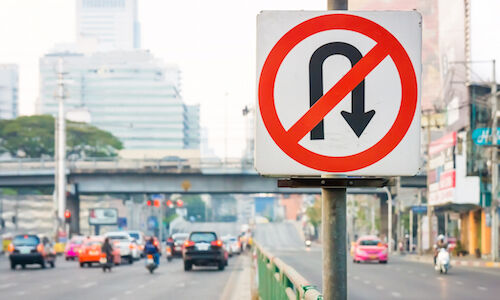PBoC: Return to Rampant Shadow Banking is «Unacceptable»
The People’s Bank of China said that deadline extensions for cleaning up balance sheets was understandable but a reversal to shadow banking prominence would be «unacceptable»
The impact of the coronavirus pandemic is proving financially challenging for China which is simultaneously attempting to improve the quality of its bank, most notably by introducing new asset management rules aimed to clean up off-balance-sheet assets – a traditionally key business line known as shadow banking.
According to the Zhou Xuedong, director of the general executive office at the People’s Bank of China (PBoC), the key is for financial institutions is to transform the business even if it requires a multi-year deadline extension for off-balance-sheet clean-ups.
«Going back to rampant off-balance sheet business, speculating with funds and creating financial chaos would be unacceptable,» said a «Caixin» report citing PBoC's Zhou.
Guaranteed Returns
One of the major areas of focus for transitioning China’s financial industry out of shadow banking is to shrink the wealth management product (WMP) industry which saw outstanding value grow 4 trillion yuan year-to-date to reach 90.1 trillion yuan ($12.9 trillion).
WMPs are a common vehicle used to carry shadow banking assets. They are popularly distributed to retail investors not only due to higher yields from higher risk but also from the longstanding expectation and track record of state protection when underlying investments fail. The elimination of implicitly guaranteed returns in WMPs is a key target in the new asset management rules.
The PBoC’s comments follow closely on the heels of recommendations made by Chinese think tanks to extend the deadline on new asset management rules. A recent report by China Wealth Management 50 Forum and the National Institute of Financial Research of Tsinghua University suggested that off-balance-sheet WMPs be reduced by 30 percent per year before reaching zero by 2022-end.






















